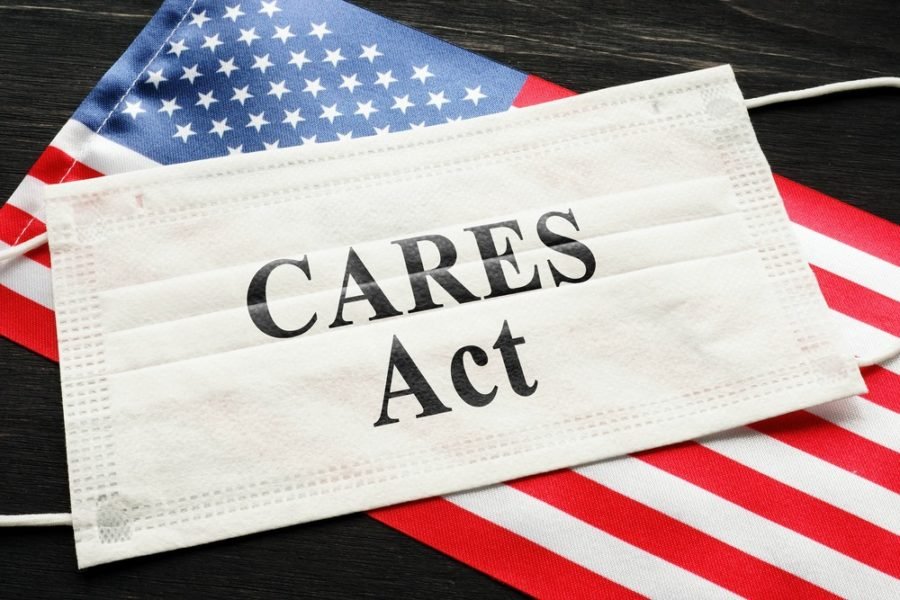Apple won an appeal at the European Union’s second-highest court. The company has been told that it will not have to pay Ireland 11.6bn pounds (13bn euros) in back taxes as a result.
A 2016 ruling found that Dublin gave the tech giant illegal tax breaks. The European Union’s General Court now annulled the decision. This is because there was not enough evidence to show Apple broke European Union competition rules.
European Commission originally brought the case forth, and this result is a major blown for it.
Nevertheless, it has 14 days to appeal against the decision at the supreme court of the European Union, or the European Court of Justice.
Apple said in a statement that the case was not about how much tax they pay. Instead, the case was about if they were required to pay it. Moreover, they added that they are proud to be the largest taxpayer in the world. Such tax payments play an essential role in society.
The Irish government had also appealed against the ruling. They said that it had ‘always been clear’ that Apple received no special treatment.
They claim that they charged the correct amount of Irish tax on the company. Moreover, the Irish government said it is in line with standard Irish taxation rules.
Margrethe Vestager is the European Union Competition Commissioner. She was the one to bring the case forward. She said that they would study the judgment and reflect on possible next steps.
Paul Tang is a Dutch MEP. He stated that the ruling is deeply unfair.
The Case for Apple
Tang said that he suspects that many people in Ireland are thinking: ‘Why is there a company that pays 0.05% in taxes?’ Tang said that he spends more taxes than Apple, for the matter. In fact, many people pay more taxes than this company.
There were claims that Ireland had allowed Apple to attribute nearly all its European Union earnings to an Irish head office that existed only on paper. Thereby, they avoided paying tax on European Union revenues. After that happened, the European Commission brought the action forward.
The Commission said that this constituted illegal aid given to Apple by the state of Ireland.
Nevertheless, the Irish government argued that Apple does not have to repay the back taxes, deeming that its loss was worth it to make the country an attractive home for large companies.
Nevertheless, Ireland has one of the lowest corporate tax rates in the European Union. It is the base of Apple for the Middle East, Europe, and Africa.
The Luxembourg-based General Court sided with that position in Wednesday’s ruling. It said that there was not enough evidence to show that Apple had received illegal state aid or minimized its tax bill.
One curious feature of the case is that if the ruling went the other way, and Ireland would be on the losing side, its “punishment” for breaching European Union law would have been to receive a large amount of money: taxes that the Commission said were owned by Apple.
That did not happen. Thus, the ruling (subject to any appeal) means Apple does not, by law, owe the money. Consequently, Ireland is not getting it.
Such an agreement will be a relief for Apple.












